Python is certainly important for data science. Naturally, there are a number of Python for data science learning resources that you can look into. However, for anyone seeking to learn Python specifically for data science certification training, it is recommended to search for courses that fit these exact criteria.
Python as a programming language can be applied to different development projects. As such, a general Python course will teach you everything you need to know about this programming language and its application.
But there is a high probability that you may not use all the things that you learn if your focus is on Python for data science. While there is no harm inquiring additional skills, you may find yourself demotivated by studying something that is not in line with your career expectations.
Data Science Training Online
Due to its popularity, there are a number of paid as well as free online tutorials on Python for data science. These are offered by prominent institutions to students all over the world.
However, each tutorial or learning course varies in the level of difficulty. So, if you are interested in pursuing data science training online with Python programming as the base, then find out the platform that offers an interactive mode of teaching. While you may not have to learn data science from scratch, it is generally dependent on the curriculum that the course is designed on.
Considering the wide variety of online tutorials available to learn Python for data science, there is a high likelihood for you to enhance your skills as a data scientist or a data analyst in python.
Python’s Importance for Data Science
Both Python and R programming allow you to become a practicing data analyst or data scientist. Both of these programming languages come with their own set of benefits and drawbacks. They are also equally popular across data scientists in the industry. And you have to learn one of these two languages in order to pursue a career in the field of data science. Other than this, you must also have some basic knowledge of SQL, irrespective of the programming language you select.
Python is well recognized with respect to its importance for data science. This language is used in almost every process in a data science-related project. For instance, a typical data science project workflow begins with using SQL and Python to write a query that can help you extract data from the selected database.
The next step is to clean and sort this data into a data frame using pandas and Python library. In this step you are making the data ready for further analysis. You can then go on to analyze, explore, and visualize this data using the matplotlib, pandas, as well as Python libraries.
Once you have extracted further knowledge today to exploration you can use the scikit-learn and Python library for building a predictive model that is capable of forecasting the outcomes simulated by the data that you have extracted.
Finally, you can arrange the model, the results, as well as your complete analysis, into a format that is in line with the organization’s guidelines. Ultimately, you end up with an outcome that is extremely easy to understand and use rather than raw data. As you can see, Python is involved in all these steps.
In Conclusion
The first, and foremost, step to learning Python programming is to find a course that suits your comfort level and qualifications. Next, make sure that the course is flexible enough to fit into your learning schedule. And thirdly, the course must be interactive enough to help you understand the concepts and their applications in detail. You must also focus on acquiring soft-skills during the course of your Python for data science training program as you will be needing these from communicating your analysis across to various teams.









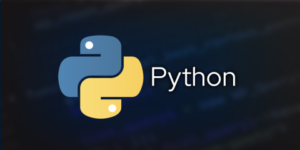
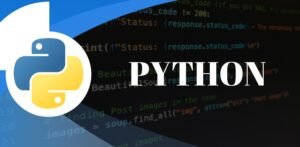

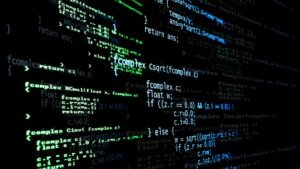

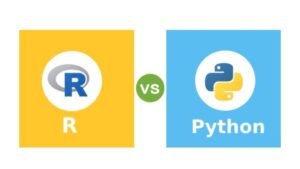


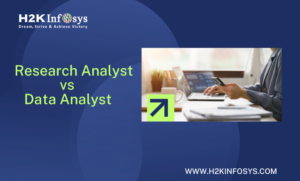













One Response